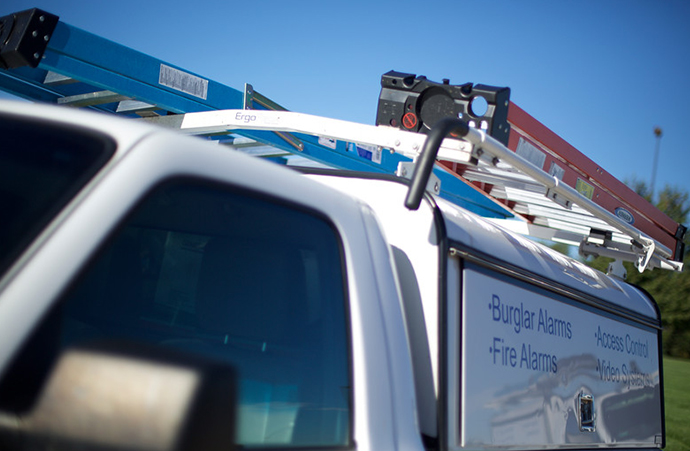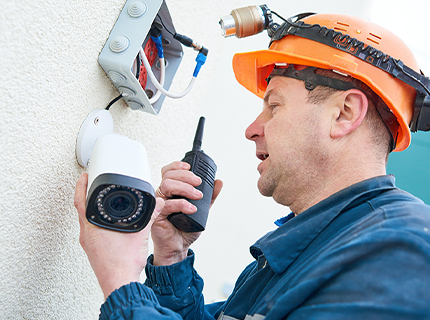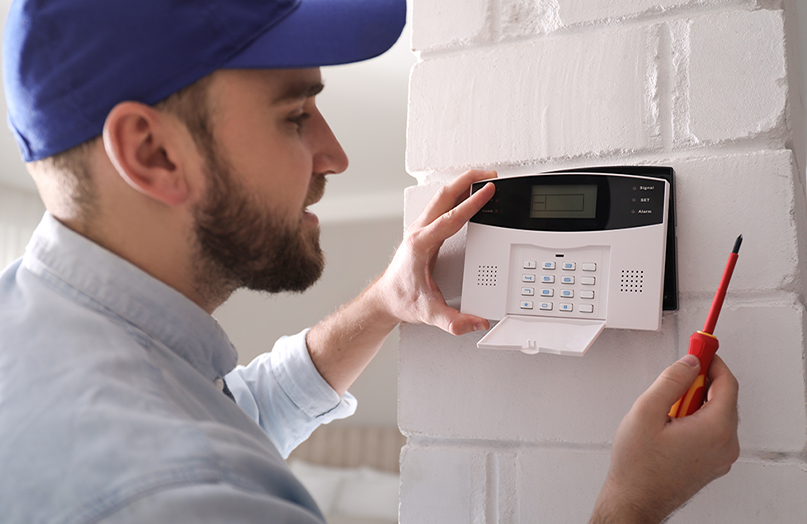Not All Security Companies Are Created Equal. That’s Why There’s TriStar.
TriStar Security Services is a full-service security company that equips homes and businesses with cutting-edge technology that improves security, efficiency, and visibility.
We don’t oversell. We over deliver.

Have an Existing Security System? No Problem!
Not Sure? Have a Question?
Call Us For A Free, No Obligation Consultation

1
Tell Us About Your Home or Business, Or Even Existing Alarm System We May Be Able To Takeover

2
We’ll Schedule an Appointment to Visit Your Home or Business at Your Desired Time

3
Finally, We’ll Schedule a Date to Install Your Security System Designed Specifically For You
Don’t Just Take Our Word. Here’s What Our Customers Say

TriStar handles our security and access at the Georgetown Chamber of Commerce and they have been phenomenal! Our security setup is easy to use, and the quality is the best!

Tristar provides excellent value for a lot less than the other guys, Tristar monitors my alarm and has helped me add features as needed without 3-year contracts.

I have worked with TriStar Commercial through my company for approximately 13 years and they have always provided timely responses and high quality service.

Consistently, they are prompt on handling alarm calls accidental or otherwise) and the occasional technician appointments to tweak or repair seem reasonably priced.
Get a Free Quote →
A TriStar Security Services specialist will work with you to identify your needs and design a solution that meets and exceeds them. 1-512-733-0944



